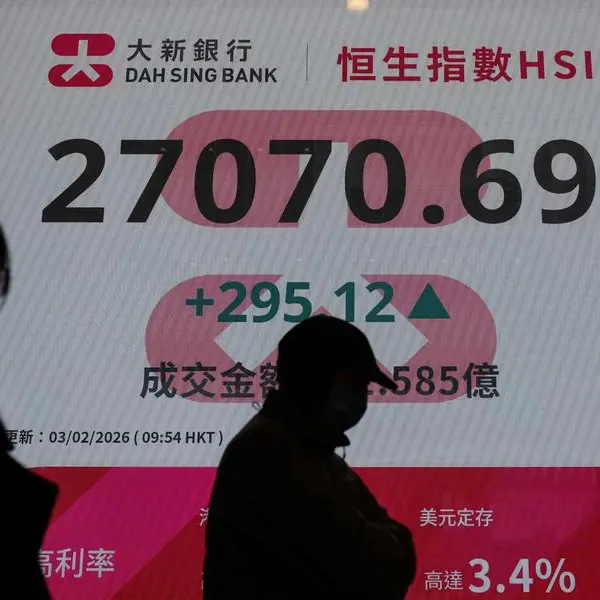PHOTO
A record $46 million was raised through Islamic philanthropy for nearly 2 million refugees and internally displaced people (IDPs) in 23 countries during 2023, an almost 20% increase from 2022. Donations were received during a year that saw a record number of emergencies, according to a new report released today.
In the same year, UNHCR, the UN Refugee Agency, received funding to cover less than 50 per cent of its global budget, making the contributions more crucial than ever.
Most support
Among the countries receiving the most support through Zakat and Sadaqah contributions – obligatory and voluntary giving in Islam – are:
·Lebanon, the country hosting the largest refugee population per capita in the world
·Syria, where the crisis has forced more than 12 million people to flee their homes, making it one of the largest displacement crises in the world
·Yemen, which is suffering one of the world’s most acute humanitarian crises.
With nearly 50% of refugees coming from member countries of the Organisation of Islamic Cooperation (OIC), UNHCR has worked with Islamic organisations to develop specific tools for donors to support refugees from Muslim countries, including the Refugee Zakat Fund. Zakat is a mandatory donation that Muslims give to eligible beneficiaries such as the poor, debtors and stranded travellers.
The start of the holy month of Ramadan coincides with 13 years since the start of the crisis in Syria. More than 7.2 million Syrians are still displaced in their own country while more than 5 million Syrian refugees are hosted in five neighbouring countries.
Significant contributions
Islamic philanthropy for refugees continues to gain momentum, with donations to UNHCR almost doubling over the past two years. Although it represents a relatively small proportion of UNHCR’s income, it provides significant contributions to some of the world’s most underfunded displacement situations.
UNHCR launches its annual Ramadan appeal, which invites donors to extend the Ramadan table to those in need.
Filippo Grandi, the UN High Commissioner for Refugees, said: “This month is traditionally characterised by moments of joy, of gratitude, of family, of communal gatherings around the Ramadan table. Yet, escalating and brutal violence around the world has deprived countless families of moments like these.
Displaced people
“I think of the millions of Sudanese refugees who have been forced to experience Ramadan away from home … of those displaced in Yemen, the enduring plight of Syrian, Afghan, Rohingya and other refugees.”
The holy month ends in mid-April, just before the first anniversary of the Sudan conflict, which has displaced more than 8 million people. Well over 500,000 have fled to neighbouring Chad, where the refugee population has doubled since the conflict began. Support from UNHCR’s Sadaqah Jariyah programme has allowed water points to be installed in newly-built refugee settlements, putting an end to long journeys to find water and helping to keep refugees – especially women and girls – safe.
UNHCR welcomes support from all faiths and all faith-motivated contributions that aim to assist vulnerable refugees and others in need of protection; this includes Islamic philanthropy.
Copyright 2022 Al Hilal Publishing and Marketing Group Provided by SyndiGate Media Inc. (Syndigate.info).




















